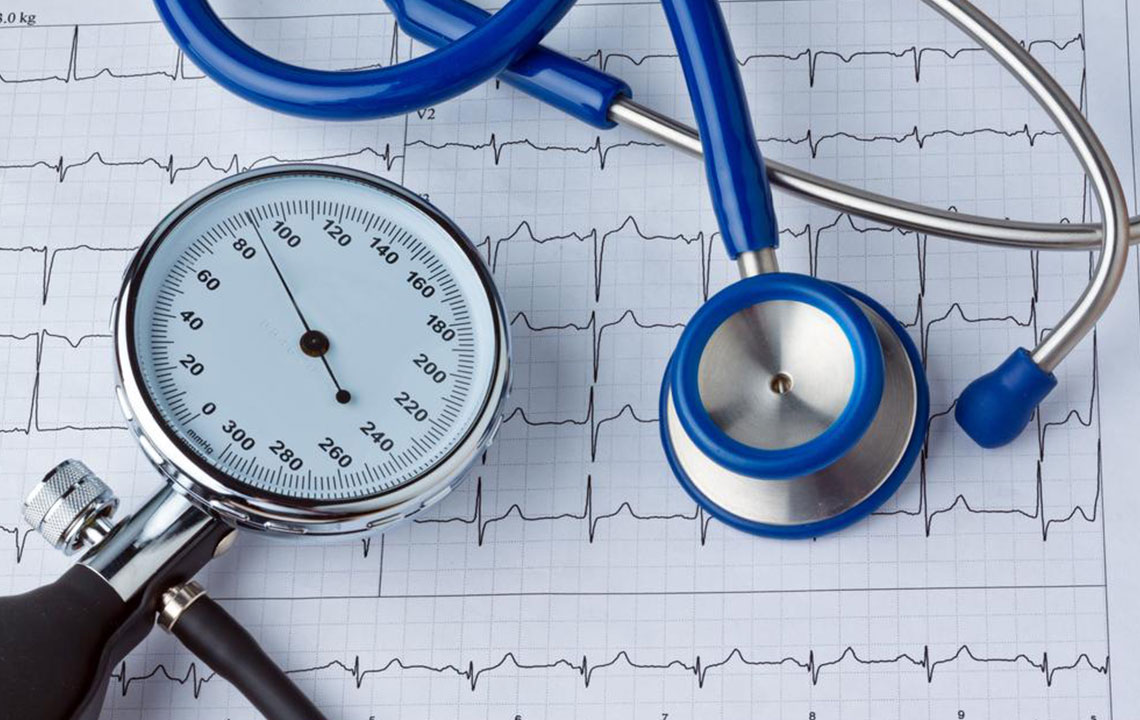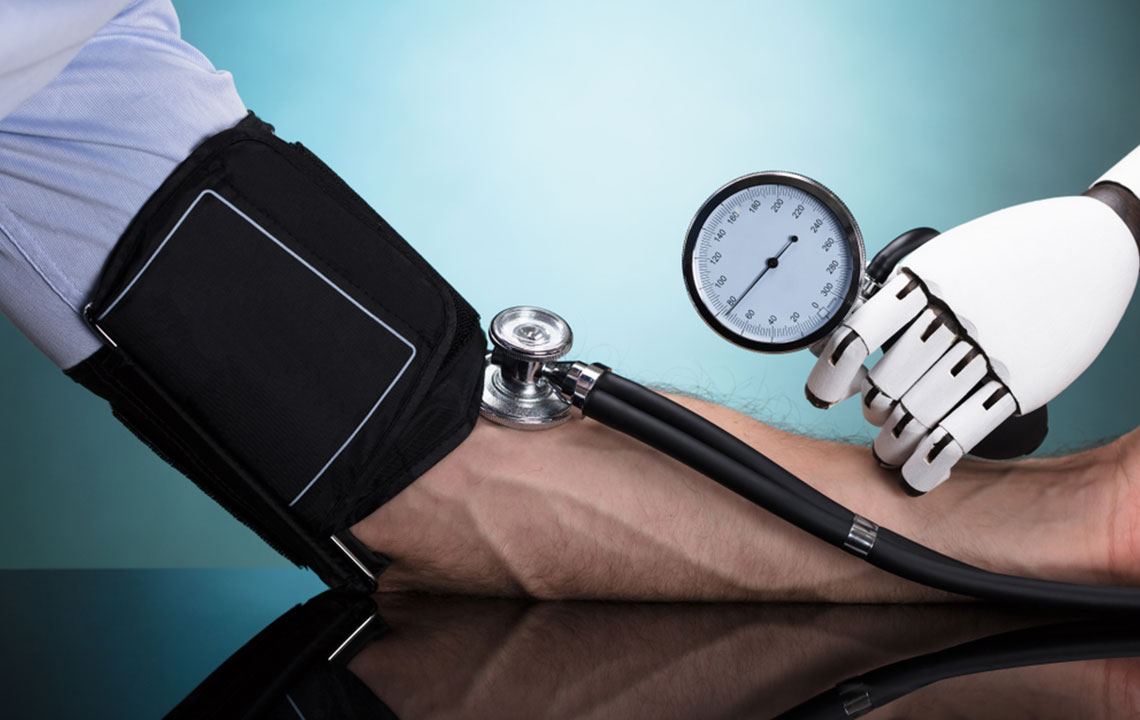Symptoms and treatments of high blood pressure
If you undermine high blood pressure symptoms, you may have to face some dire consequences. That is high blood pressure is often described as a silent killer. Hypertension is the term that medical professions use if you are having high blood pressure for an extended period of time. You must realize that blood pressure variations generally do not show any symptoms. When you go for a medical checkup for another problem, you often realize that you are suffering from hypertension.

If hypertension remains untreated, you become highly vulnerable to a good number of serious diseases. Some of them include eye problems, kidney failure, heart-related complications and stroke as well. All these complications can become life-threatening if you keep on ignoring. That is why doctors advise unhealthy people to undergo blood pressure checks at least once in 6 months. All adults irrespective of their health condition are advised to get their blood pressure checked at least every five years. If some of your close relatives are suffering from hypertension, you must frequently check your blood pressure.
The common high blood pressure symptoms are as follows:
When your blood pressure levels become higher, you may have to deal with symptoms such as urine in the blood, chest pain, breathing issues, severe headache, extreme fatigue, vision-related problems, pounding in your chest, confusion, and irregular heartbeat. If you are experiencing any of these high blood pressure symptoms, medical advice must be sought immediately. Undermining the seriousness of these high blood pressure symptoms can result in a stroke or heart attack.
Learn about the risk factors for hypertension
Doctors cannot pinpoint a single reason for high blood pressure levels, and it can be the aftereffect of several factors. Many factors increase risk, and they include exposure to prolonged stress, smoking, excess alcohol consumption, increased consumption of salt, hereditary factors, ethnic factors, lack of activity and obesity or excess weight gain.
Learn about malignant hypertension
If you are having severely raised high blood pressure often associated with malignant or accelerated hypertension for a long period of time, you may have to face some organ damage. The most effective option available is to reduce the blood pressure levels immediately, and this approach protects you against organ damage. It is usually performed in the ICU or intensive care unit of a hospital. Organ damage linked to accelerated hypertension can involve encephalopathy. It refers to changes associated with your mental condition like coma or confusion. Other problems that you may need to face include heart failure, Eclampsia, heart attack, stroke, angina, pulmonary diseases, especially fluid in the lungs and Aneurysm. You can say that malignant hypertension is a rare phenomenon. You become vulnerable to this condition when hypertension remains unattended. Some people do not take medications when detected with hypertension, and this method of approach makes them highly susceptible to medication.
What are the most prominent symptoms associated with malignant hypertension?
The common high blood pressure symptoms of accelerated hypertension are:
- Chest pain
- Seizure
- Breathing difficulties
- Oedema
- Headache
How to diagnose this type of hypertension?
The doctor will assess your health condition in a detailed manner. He/she will ask you a lot of question about the medical history before the diagnosis, and it is being done to create the clear-cut understanding of your health condition and history. You have to answer honestly to all these questions and also about the medicines you are taking including recreational as well as nonprescription drugs. You must also reveal whether you are taking any dietary or herbal supplements. The doctor performs specific tests to identify the blood pressure variations, and the organ damage is also assessed while performing these types of procedures. Some of the methods include regular blood pressure monitoring, eye test to identify bleeding and swelling, urine testing and blood testing.
Treatment for malignant hypertension and the resultant organ damage
As far as malignant hypertension is concerned, the first step is to control the blood pressure as fast as possible. The doctor makes use of IV or intravenous medications to stop the further deterioration of the organs. If there is some damage occurred to the organs, they are treated with the right therapies exclusive to the organ that has deteriorated.
You should never underestimate high blood pressure symptoms. Immediate steps should be taken to bring the pressure within allowed limits, and it can be done by taking proper medications under the supervision of your doctor. If you undermine the seriousness of the high blood pressure symptoms, you are putting yourself in danger.




